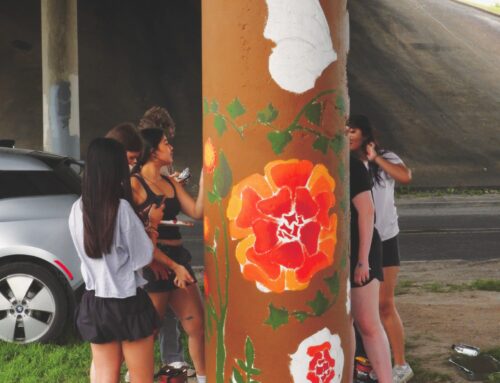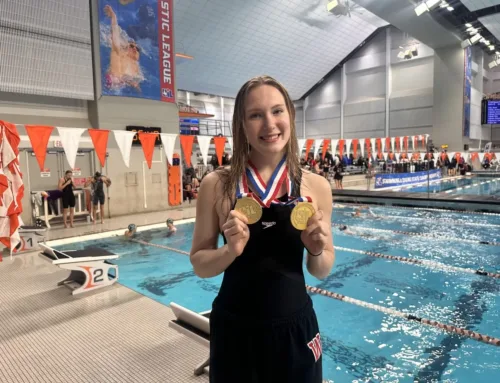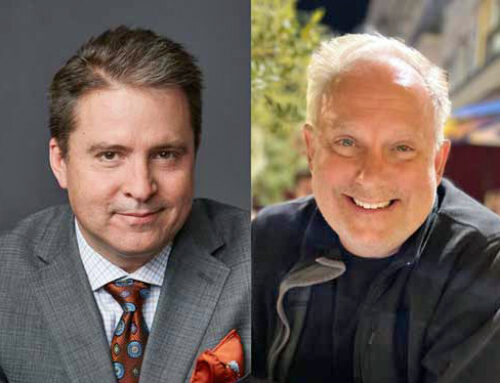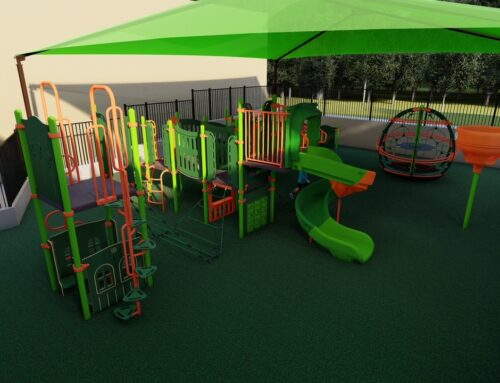We’ve all heard plenty about Harriet Patterson, Woodrow’s Class of ’94 valedictorian, during the past few months. She’s one of those students who comes along every once in a while – accomplishing more in high school than most accomplish in their whole life. And she did it at Woodrow Wilson, a DISD school. We thought it would be interesting to hear her perspective on public education.
Can a child receive the same level of education at a public school as at a private school? I certainly think so, but I suppose the answer lies in one’s definition of education.
To some, the procurement of knowledge is the only measure by which the quality of education can be evaluated.
However, as a recent high school graduate looking ahead to college and my life thereafter, I am much more interested in the skills and experience I have gained through my education that will allow me to apply and expand this knowledge.
As a student in DISD’s Talented and Gifted program from fourth to eighth grade, I was bussed into an economically underprivileged neighborhood with students from all over the City. Being in a class of ethnically, socio-economically, and religiously diverse children, I was able to learn the importance and value of differences.
Although for high school I returned to my neighborhood school, Woodrow Wilson, I still had the privilege to be among a diverse student population. As a result, the discussions in my history classes about politically relevant issues and racial intolerance, and the debates in my English classes regarding ethical standards and contemporary poetry, proved much richer because of the diverse viewpoints and backgrounds of my classmates.
I have come to appreciate the cultures and religions that differ from my own, and an open mind has been one of the greatest acquisitions of my education thus far.
For all of the experience public school has offered me in my interaction with people from a variety of backgrounds, it is important to note that I have never felt slighted regarding academic opportunity. I have had numerous opportunities to participate and excel in challenging coursework, thought-provoking research and independent work. And I have participated in countless contests ranging from local speech and math contests to state and nationwide scholarship competitions.
I have also been fortunate to have had some of DISD’s brightest and most innovative teachers.
One such woman, my fifth-grade teacher at K.B. Polk, taught me about the U.S. government by making a mock judicial system. For weeks, the class rules were decided by an elected Congress, and all disciplinary action was decided in a student court with a jury of peers.
Another outstanding teacher demonstrated the importance of cultural understanding by devoting our second-year French class to art history, Medieval European history, and the Russian and sign-language alphabets. These creative approaches to teaching, apparent in all of my years in DISD, instilled in me a love for learning and helped to enrich the quality of my education.
To attempt to summarize all of my extraordinary experiences in public schools during the past 13 years would be impossible. Each school, each classmate, each teacher, and each new idea or problem has left its mark on me in one way or another.
The most significant gifts of my education, however, will be those I will use continually throughout my life. Learning to appreciate and explore differences, learning to view new experiences and cultures with an open mind, and learning how to communicate effectively with people regardless of their backgrounds have been some of the cornerstones of my education.
Along with these, I have been privileged to study under some innovative, inspiring, and truly brilliant teachers and mentors.
I feel that I made no sacrifices academically to learn culturally and socially, and given an opportunity to do it again, would not change one thing.





